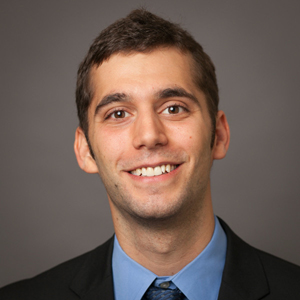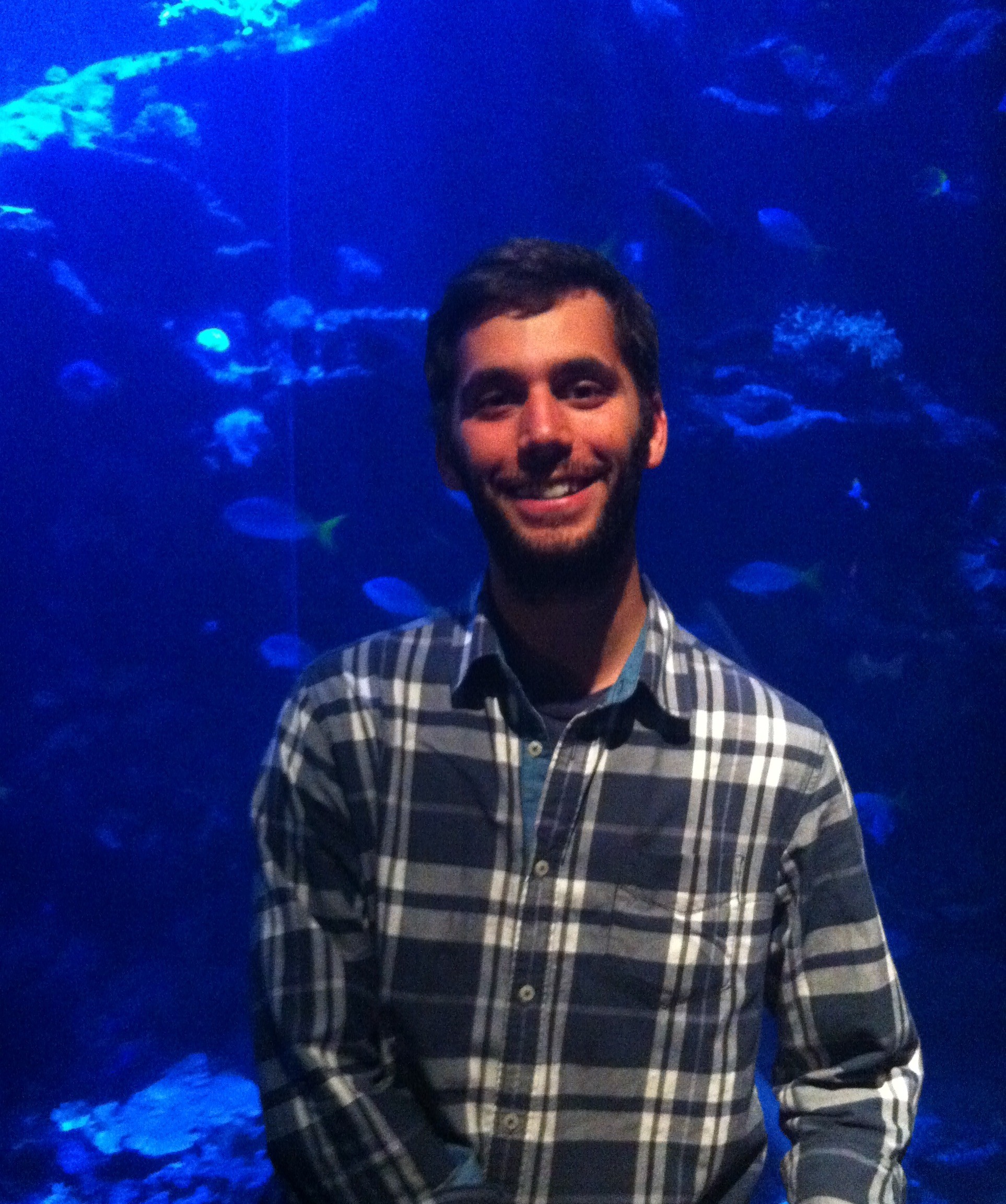Saving Nemo

by Claude Rosen, MBA ‘15

Claude Rosen describes his deep dive into the sustainability challenges of the aquarium fish industry this summer as a Packard Environment Fellow.
Coming into business school, I knew that my target industry was food and my target job function was operations and supply chains. This somewhat niche and non-traditional focus made for a challenging internship search, which was why I was thrilled to discover the Packard Environment Fellows (PEF) program and its opportunity to work with Olazul. PEF, funded by the David and Lucile Packard Foundation, offers exciting summer internships to MBA students who are passionate about environmental conservation.

Olazul is a non-profit committed to marine ecosystem restoration. The organization targets industries that traditionally have significant harmful ecological impacts on oceans and works with fishing communities to develop more sustainable production methods and market-based alternatives. So far, Olazul has partnered with communities in Indonesia and Mexico and has programs dedicated to the seaweed, shrimp, and aquarium fish markets.
My internship focused on the aquarium fish program. If you are like me when I first learned about this internship, you may be wondering:-what are the significant harmful ecological impacts of the aquarium fish industry? It turns out that a large majority of the global aquarium fish supply comes from a region of the world called the Coral Triangle, which includes countries like the Philippines, Indonesia, and Papua New Guinea. Within these countries, a shocking fishing practice is widespread that consists of dousing coral reefs in cyanide. Fishermen do this because the cyanide stuns many of the fish, making them easier to catch.However, it also has the unfortunate side effects of killing a large number of fish and destroying the coral reef. This combination of overfishing and habitat destruction is having devastating effects on fish populations.
Prior to the start of my internship, Olazul had successfully piloted comparatively more sustainable production methods in Indonesia (needless to say,they do not utilize cyanide). My project was to evaluate the supply chain opportunities and determine the best channels for getting Olazul’s products to consumers in the United States. Though the scope of my internship was ultimately outside the food industry, I felt that the aquarium fish industry had many significant parallels and I was excited about the supply chain emphasis of the project.
Olazul hopes to sell its fish at a premium to cover the additional costs of their production model as well as to offer a better wage for fishermen. As such, a primary concern of Olazul’s was a lack of transparency in the supply chain. Many intermediaries between fishermen and retailers (exporters, importers, wholesalers) aggregate fish by species. This ultimately makes it impossible to differentiate Olazul fish to end consumers and charge the desired premium.
Central to my project was traveling the country to conduct site visits at some of the largest importers and wholesalers in the United States. Through these visits, my goal was to better understand transparency and Olazul’s optimal positioning in the industry.
A side note: In the Sustainable Global Enterprise immersion, I learned an extraordinarily simple, but valuable lesson that I was excited to apply in my internship — always start contacting interviewees substantially earlier than you think you should! This allows time for follow-up interviews as well as inevitable rescheduling and unresponsiveness.
Through my interviews, I was able to identify opportunities to keep Olazul products traceable throughout the supply chain by working with fewer intermediaries and utilizing intermediaries as a service while retaining ownership. I was also able to provide insight into Olazul’s value proposition and a recommended marketing strategy. Lastly, being the EXCEL nerd that I am and eager to apply what I learned in Managerial Spreadsheet Modeling and Advanced Spreadsheet Modeling (both highly recommended), I could not help but create a dynamic model to evaluate the profitability of different species, volumes, sizes, and seasonality options.
All in all, my summer internship as a Packard Environment Fellow was an extraordinary experience that provided exposure to anew industry and complex sustainability challenge as well as an opportunity to apply and hone what I learned in my first year at the Samuel Curtis Johnson Graduate School of Management.
